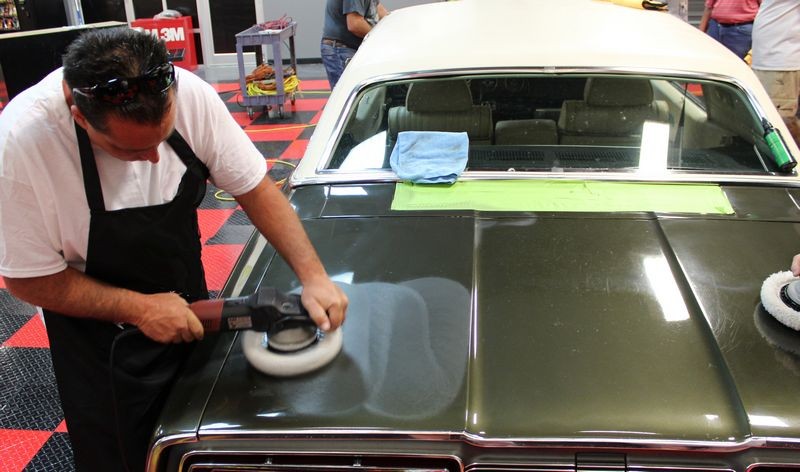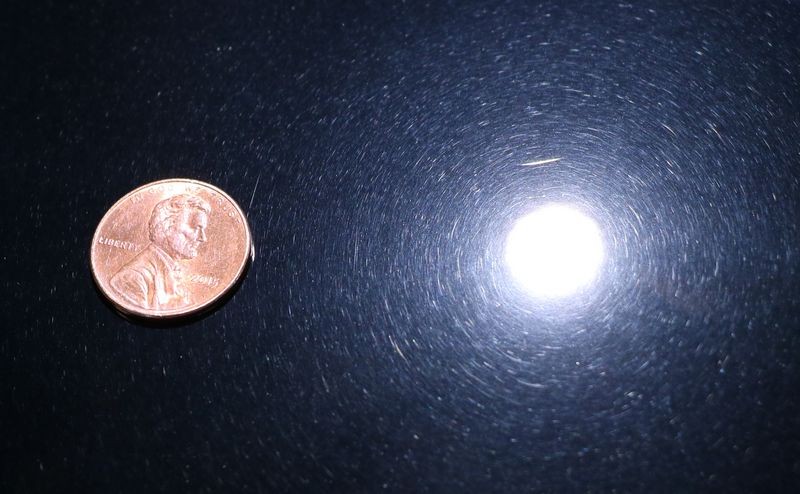Mike Phillips
Active member
- Dec 5, 2022
- 51,004
- 8
POLL - What's the number one most important factor when it comes to polishing paint?
1: Technique.
2: Tool.
3: Pad.
4: Paint.
5: Abrasive technology.
Which one and why?

:updated:
Here's two recent articles I've written on the topic of abrasive technology worthy of reading....
Abrasive Technology - THE most important factor when it comes to polishing paint

Pictures of Micro-Marring - DA Haze - Tick Marks - Compounds - Polishes - AIOs - Clearcoat Paints
Medium micro-marring

:dblthumb2:
1: Technique.
2: Tool.
3: Pad.
4: Paint.
5: Abrasive technology.
Which one and why?

:updated:
Here's two recent articles I've written on the topic of abrasive technology worthy of reading....
Abrasive Technology - THE most important factor when it comes to polishing paint
Pictures of Micro-Marring - DA Haze - Tick Marks - Compounds - Polishes - AIOs - Clearcoat Paints
Medium micro-marring
:dblthumb2: